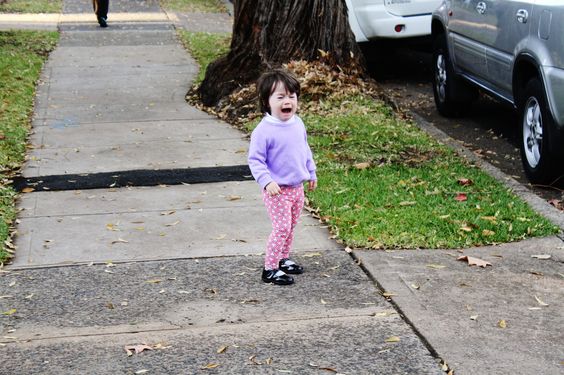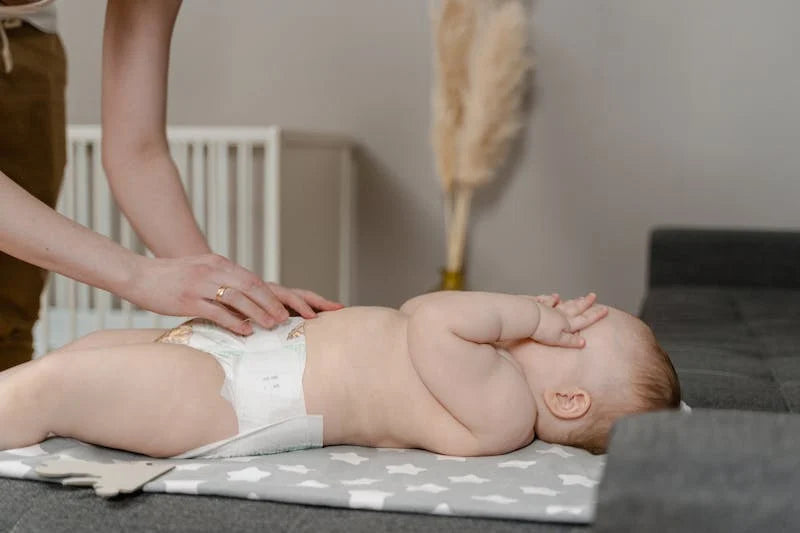Why do babies do not sleep at night?
Given that many newborns have trouble sleeping, sleep is one aspect of the baby and childhood years that many parents find to be the most challenging. It can be almost impossible at times to establish a good routine for your child, manage naps, and get them to sleep for nine to twelve hours every night.
Although newborns sleep for the most part of the day, you'll likely notice that they wake up frequently at night and that their sleep occurs in spurts. Don't panic if your child isn't sleeping for longer than three hours at a time during the night—this is a perfectly normal occurrence.Read further to know why babies do not sleep at night.
Why is your baby not sleeping at night?
1.They're Hungry
A newborn's constant need to eat is one of the main causes of their inability to sleep for longer than a few hours at a time. Due to the small size of their stomachs, they must eat frequently in order to sustain their growth and blood sugar levels. Babies are still getting used to a new feeding schedule because they are accustomed to being fed every other second while still in the womb. Make sure your baby eats enough during the day to prevent nighttime hunger.

Babies frequently mix up their days and nights, which disrupts their sleep pattern. Babies sleep when their mothers are awake in the womb, primarily due to the lulling effect of motion. Additionally, when mom goes to sleep, babies wake up and kick. If your child is sleeping for longer periods of time during the day and much shorter ones at night, you can be certain that their sleep cycle is disturbed. Try, as difficult as it may be, to keep your baby up later in the day.
3.They're not at ease
It can be strange to sleep on a mattress in a bassinet after spending nine months feeling snug and warm in a womb. On their backs, babies frequently feel less secure and are more susceptible to startle reflexes, which can cause them to wake up. Using a swaddle helps in these situations.

4.They Experience Reflux
babys frequently have gastrointestinal problems, such as reflux, or spitting up. After eating, some babies who lie flat on their backs develop reflux. It is advised against putting your baby to sleep right away after feeding.

5.Inconsistent bedtime routine: Establishing a calming bedtime routine with consistent steps like bath, story time, and lullabies can signal sleep time and promote relaxation.

6. Falling asleep with assistance: Babies who rely on rocking, feeding, or patting to fall asleep might wake up expecting the same when they stir at night. Encourage independent sleep skills by placing them awake in their crib when drowsy.
7. Noise: Loud noises or sudden changes in the environment can disrupt sleep. Consider a white noise machine or soundproofing measures.
8. Teething: The pain and discomfort of teething can cause frequent wake-ups. Teething rings or pain relief medication (consult a doctor first) might help.

9.Illness: Any underlying illness can make sleep difficult. Observe other symptoms and consult a doctor if needed.
Regardless of how much you want your baby to sleep, you must make sure their sleeping space is as secure as possible.
Tips on How to Get Your Baby to Sleep Better
- Every night, place your baby to sleep on their back.
- Their bed should be flat and firm.
- For the first six months of their life, never share a bed with your baby; always sleep in a room.
- Never place loose or soft items in your baby's cot, such as pillows, bumpers, loose-fitting sheets or soft toys.
- Keep your baby from overheating.
Stay connected with us for the latest updates and valuable insights. Follow us on Instagram for more information: @safehugskidswear. Find one stop solution to all your parenting problems here. Your journey with us is just the beginning and we’re excited to share it with you!
Happy Parenting!!!































